
Is there a difference between building and maintaining a positive reputation in retail and services in a traditional format and in a digital business? None, says Privalia's CEO, Fernando Boscolo, who leads the company's expansion in Brazil, a pioneer in digital outlet that has been transforming into a broad ecosystem of connection between brands and consumers.
Reputation is formed from a discourse consistent with the practice and consistency of this behavior over time, says Boscolo, who has been leading the company for eight years, which is the only operation outside the European market that is part of the giant e-commerce group. -commerce Veepee. “What has changed is how exposed we are”, says the executive, who has more than 20 years of experience in the areas of technology and innovation, management, sales and distribution and a large part of his career developed at Natura&Co.
A Privalia connects 600 brands to around 19 million registered consumers (almost an entire Minas Gerais, the second state with the largest population in the country) and has annual revenue of R$ 1 billion. See below the main excerpts from the interview that deals with reputation, customer relationships, leadership, strategy and plans for the future.
What is it like to build and maintain reputation in a 100% digital business? What are the main challenges?
We build a reputation when we establish a discourse that is coherent with practice and have consistency between what we say and do over time. It is not something specific to digital or physical. What has changed is how much we are exposed, and this brings an even greater challenge, in terms of maintaining consistency and coherence, and with it, reputation. If you are not really consistent in your behavior, in what you say and do as an organization, people will immediately identify it and react in a variety of ways, generating exposure, for example, on social media.
What is the difference between working on reputation for B2B and B2C? What matters to the end public and partner companies?
Privalia has a very different model, which we call B2B2C or B4B2C. We work for brands so they can reach end consumers. In fact, what is expected from the brands' point of view is different from what is desired by consumers, but, on both ends, consistency and coherence are expected. What do brands want? A transparent partner, who understands your pain and consistently seeks to resolve your problems. Listen and don't think about short-term solutions when faced with difficulties. This also has everything to do with reputation and consistency.
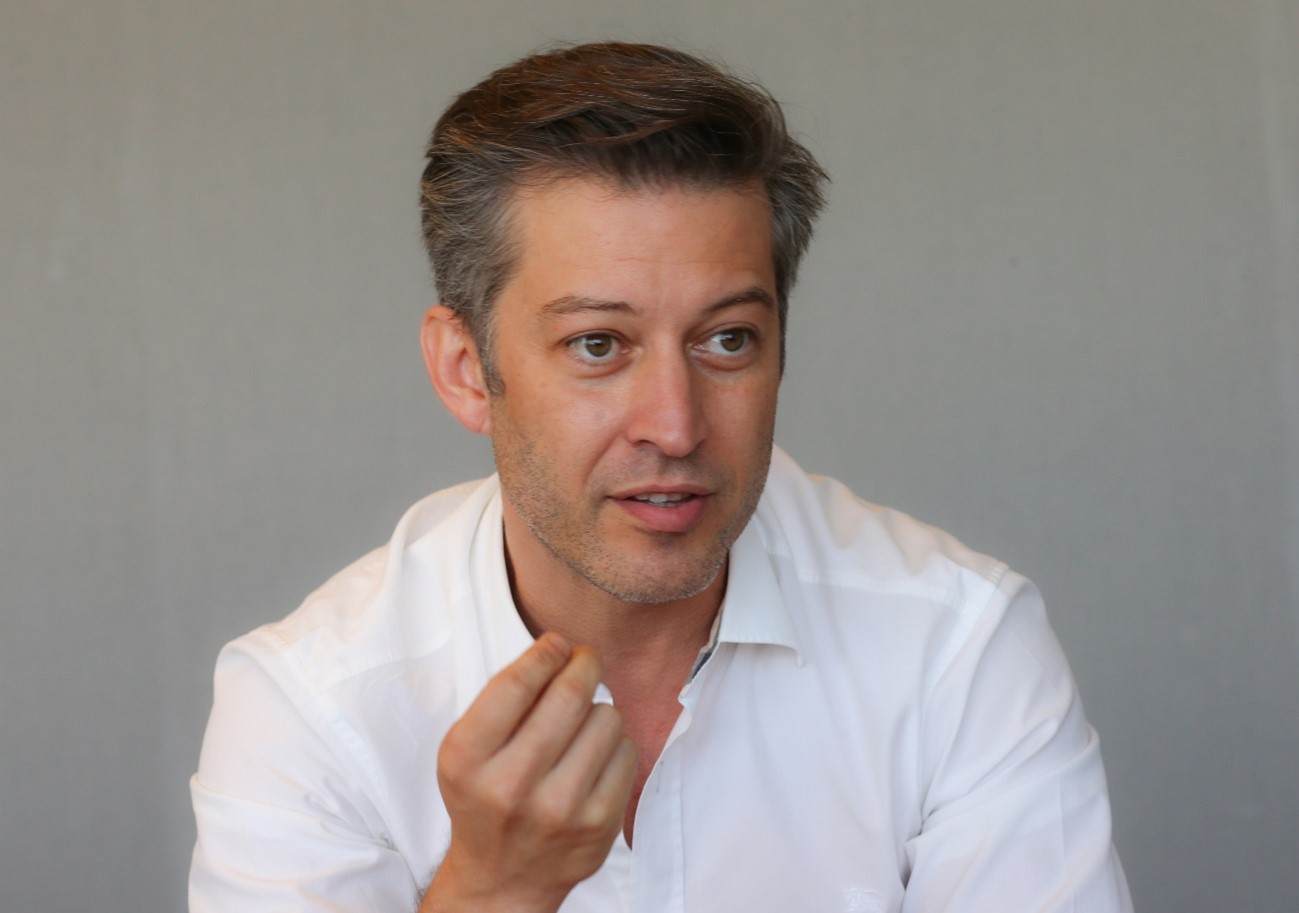
“As a company, your objective must be, in essence, to solve people’s problems, to positively impact society. You will be paid for this. Society will pay you because it sees value in what you are doing, but as a consequence, because the objective is to positively impact society. This is what we think about on a daily basis, how we do it to positively impact the operation of our partner brands and the lives of our consumers.”
Privalia has evolved from a digital outlet to a full-service ecosystem connecting brands and consumers in the digital environment. Did this movement require changes in the brand’s positioning?
We have been in Brazil since 2008 and we were created to resolve the excess inventory of collections, in a digital, fast way, that would not cannibalize sales in the brands' main channels. Over time, we established a virtuous cycle, as more brands entered, the more consumers also entered.
New fronts
Brandsplace
Marketplace made up of fixed stores, curated by premium brands, where customers have total control over their offer, prices, distribution and storytelling.
Privalia Ads
Customized retail media solutions and agile content production for brands, with a team of specialists and 17 own studios for producing campaigns and content (Digital Factory).
Today, we connect 600 desired national and international fashion and accessories brands to a gigantic base of 19 million registered consumers. We created an organic traffic generation engine, without having to pay anything for it, our own offers generate this traffic and people's attention.
With a platform capable of organically generating 500 thousand people per day, growing, we studied what else we could do to help brands reach these consumers. We then created the Brandsplace and Privalia Ads business fronts. What we do is complement each other, because we have become a hub that attracts, through our main business, the outlet, extremely qualified, recurring and organic traffic.
Did the public notice this shift?
We are in a process. The challenge is to show that we are much more than an outlet. We are proud to continue being an outlet that helps brands sell their products outside of the collection, and we will contribute much more.
How are these first results measured?
Our Brandsplace already has more than 100 partner brands, in some cases we are already the main online sales channel for partners. We are also positively surprised by the adhesion of brands to the advertising vertical which attracted, in its first months, 28 different brands, 16 of which are already partners on the platform, while 12 debuted on Privalia via retail media. We have a printing rate and performance rate 3 to 4 times higher than those on the market. Why? Basically, we compete with other product exposure and communication platforms, but we are very efficient, as we gather a high volume of visits and traffic with people more likely to buy. So, imagine the difference between a user of a news website who sees an advertisement and someone who sees an advertisement for the same product while browsing for a brand. Anyone who is at Privalia is interested in buying something. Anyone browsing a news site is not thinking about purchasing.
Could possible image and reputation crises involving portfolio brands also affect Privalia? How to protect yourself?
We always try to work with brands that are recognized in the market and have a good reputation. We analyze the number of followers, profile and reputation of each brand before bringing them into the portfolio. We also curate which brands we want for Ads. We don't want to run the risk of having a brand doing advertising that we don't agree with, and that isn't consistent with our value proposition and the lifestyle that our consumers are looking for.
“The most valuable thing about Privalia is, firstly, the consumer wants to come back and visit our page several times, that is, finding an exceptional browsing experience, and, secondly, the consumer trusts that what we are selling at Privalia there is quality.”
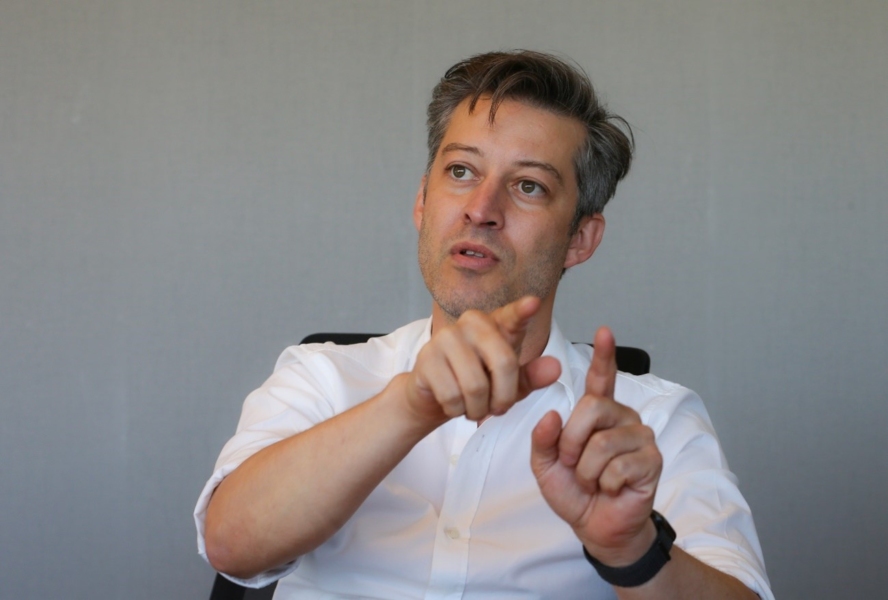
You have already spent almost three decades in retail, closely following changes in habits and behavior between generations. How does this impact business?
I have been fortunate to work directly with the end consumer since the beginning of my career, at Natura. So, I have always experienced the high demands of the public at the forefront. Since then, I don't see many things changing. You just have to use tools and technology to be even closer to the consumer and surprise them positively. It is also necessary to view the error, the complaint, not as something bad or negative, but as an opportunity to make the customer fall in love with the company even more.
“When the customer calls to complain, he is actually giving you an opportunity to communicate with him, so that you can surprise him and solve his problem. It’s an opportunity to make him even more faithful to you.”
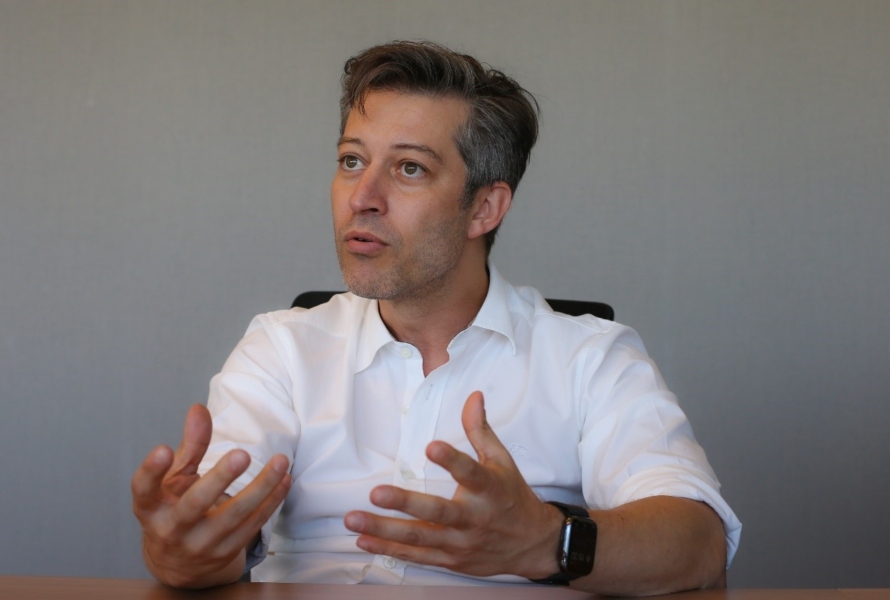
And what keeps you up at night?
What keeps me up at night is how to sustain the company's growth and the need to bring in new people without it losing its essence, its identity, its culture of entrepreneurship, of passion for customers, of everyone having a common goal.
How do you define Fernando Boscolo's leadership model? What do you not give up and occupy most of your time?
I don't give up doing things with passion and care. And that's what I demand most from people. It's okay to fail, as long as you're working with passion, commitment, and care. I also ask myself all the time what I can do differently, what else we can create. And try to be humble. When things are going well, it's not because we're geniuses, and when things are going wrong, it's not because we're a disaster. You have to be consistent, calm and follow a direction.
How important are the CEO's communication and personal positioning for the business strategy?
Super important, because the CEO represents the company, the strategy. In fact, the CEO's main roles are to provide clarity in the company's direction, in those moments of doubt and crisis, not to lose consistency, and also to ensure the preservation of the company's culture.
Privalia had plans to do an IPO about three years ago. How was this process?
We are a subsidiary of the Veepee Group, which, in order to focus on Europe, for strategic reasons, is attentive to opportunities to divest in Brazil, where we are an independent, cash-generating business that does not require any type of investment from the controlling shareholder. On the contrary, we send money to the controller (leader in the European digital retail market). At the time of IPOs (in 2020 and 2021, the Brazilian stock exchange experienced a moment of euphoria in initial offerings), with the opportunity for the controller to carry out this plan, we structured the process, but the market did not present an ideal condition and we decided to leave. Now, shall we go in again? I don't know. Only if it's interesting, but if it's not, as the group doesn't need it, we won't do it either.
What are Privalia’s next plans, what can we expect?
Increasingly consolidate itself as a digital hub serving brands, scale Privalia’s new businesses – Brandsplace, Ads and Digital Factory (content production front) –, to be increasingly recognized by brands and a safe haven for them in everything digital.
And what are the strategies to achieve these goals?
To be consistent with this value proposition, we want to increasingly use technology, such as Artificial Intelligence, which will transform our lives. We are already developing solutions with AI as customization. Every person who enters our website or application will have a completely different organization of offers customized for them. We will also offer more information services to brands, so that they have insights into consumer behavior. Furthermore, we want to adopt technologies for the services of Digital Factory.
How do you see the ethical issues of using artificial intelligence?
We are very concerned about LGPD and data security. Therefore, we work in partnership with established companies with structured processes. We believe that we can be much faster and more consistent in what we do, if we work with partners who are experts in each particularity of the technology fronts.
What are your leadership references?
I have several references from people I've met along the way, the founders, former presidents and directors I've worked with at Nature. Over time, I have been picking up on things and examples that I admire. I love reading biographies, for example. I write down some points; I even save them to make quotes.
Straight from the shelf
Reader of biographies, Fernando Boscolo cited brilliant, curious and genius minds who made great transformations. See below some titles available about these characters:

Leonardo da Vinci
by Walter Isaacson
Translation by André Czarnobai
Intrinsic Publisher
640 pages

Einstein, biography of an imperfect genius
by David Bodanis
Zahar Publishing
288 pages

Einstein, his life, his universe
by Walter Isaacson
Translation Celso Nogueira, Isa Mara Lando, Fernanda Ravagnani, Denise Pessoa
Editora Companhia das Letras
696 pages
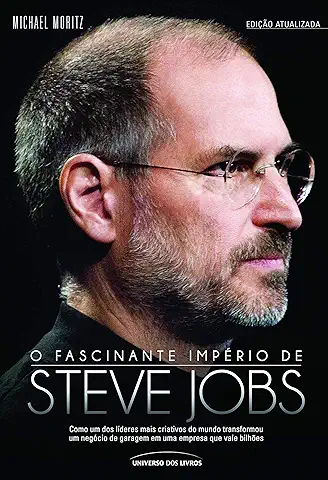
Steve Jobs' fascinating empire
by Michael Moritz
Publisher Universe of Books
367 pages
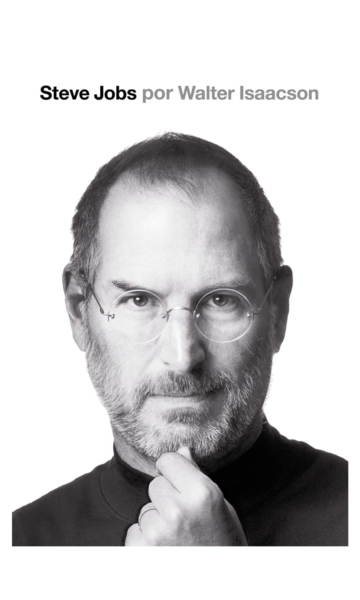
Steve Jobs
by Walter Isaacson
Translation by Rogério W. Galindo
Intrinsic Publisher
624 pages
And in retail, which leaders and brands inspire you?
I really like what Galló (José, executive who served for 27 years as CEO and the last five as president of the board of directors of Lojas Renner) and his team did at Renner. A (thesis) enchantment, passion for the customer and putting them at the center. I also admire Amazon and really like the consistency of NatureThe in the search for a revolution in the production chain. There are many references. Best Buy, for example, went through a near-bankruptcy process and found a way to revolutionize the business. Apple is an example of a company that reinvented itself. I always find common elements: passion in what you are doing, consistency, simplicity.
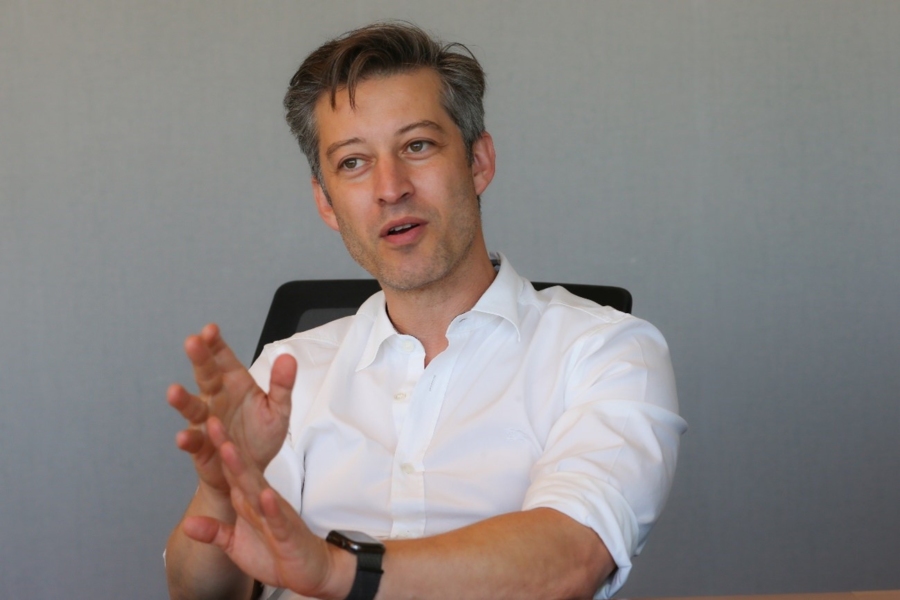
“The simpler your business is, the easier it will be for you to explain to your consumers and, especially, to your team how you have to do it. If your business, your idea, your model, is very complex, it will be very difficult for you to be successful, because you will not be able to explain to people how it works.”

